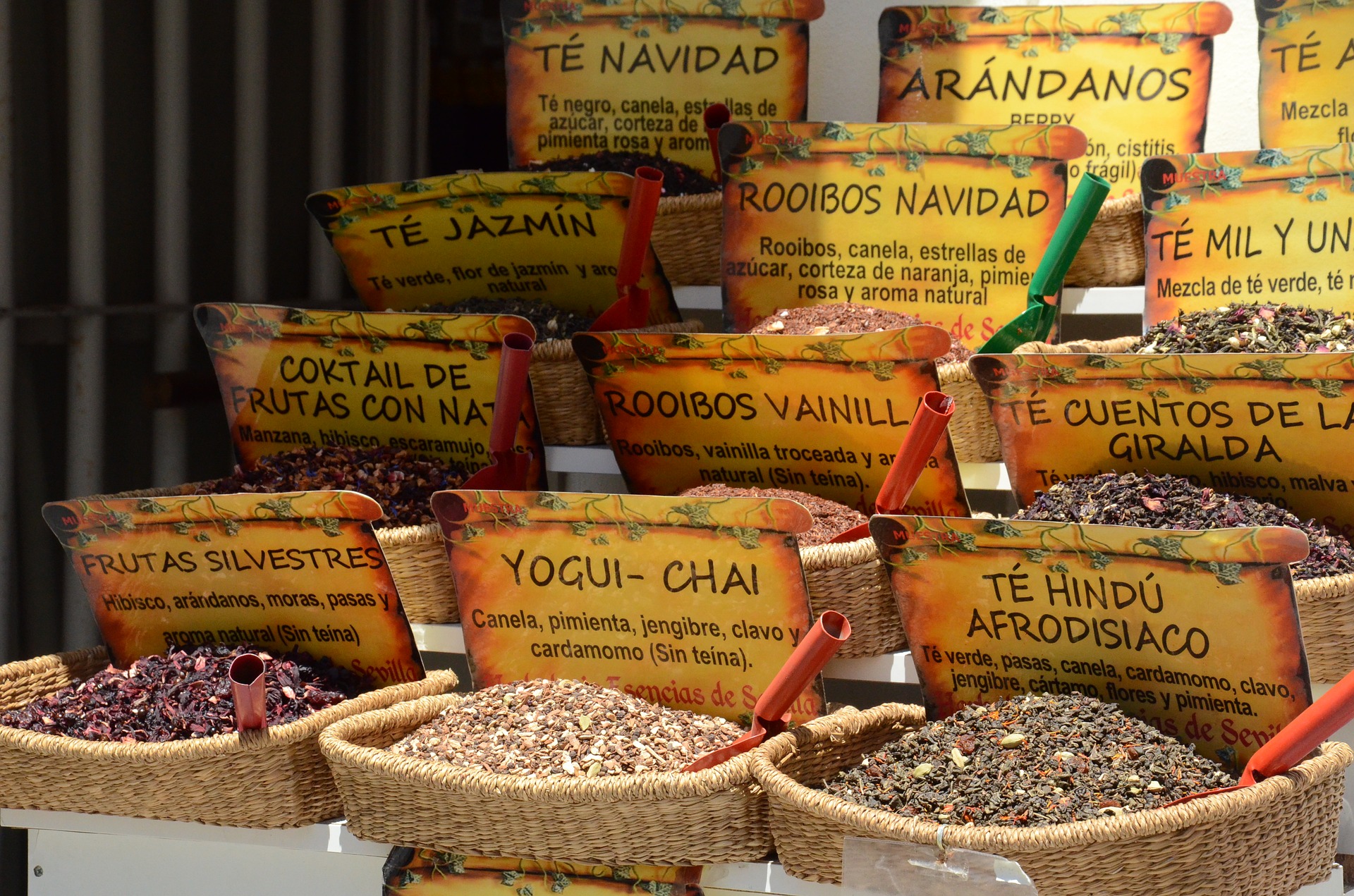Herbal medicine dates way, way back to the time of early civilization. As early as then, plants have been seen to be highly instrumental in healing the sick, treating wounds, and generally promoting good health. Thanks to Native American medical rituals and traditional Chinese medicine, the popularity of herbs and plants has pervaded throughout history and is still very much a go-to option for health and wellness to date.
An herbalist is an individual dedicated to fostering healing through the study and use of herbs and certain plant varieties. With health problems always around us, the knowledge and skills of these professionals are in great demand. This article will offer a quick look at ways to becoming a Chinese herbalist. With some time, training, and determination, you can start an herbal therapy career as a counselor, teacher, or even an herb business proprietor.
Herbalism Self-Study
A readily implementable option for those aspiring to become Chinese herbalists would be to study herbalism on their own. A good number of professionals in the field started out in this manner, doing self-directed learning, and eventually providing themselves an excellent springboard into becoming experts. Self-studying entails a lot of reading and research in order to have a good grasp of fundamental concepts, but definitely worth all the effort in the end.
After getting armed with the basics, it’s natural for newcomers to want to get their hands on some action-ready steps for applying what they’ve learned. At this stage, you can try growing your own herbs for your home recipes and tinctures. This will prepare you for how things are done in case you choose to be a professional grower and seller of herbs in the future. And, since you make use of your own homegrown herbs, you’re going to be offering tinctures and recipes based on high-quality ingredients — a welcome bonus that the market will love.
Getting Formal Education
If you decide to further your education en route to your goal of becoming a Chinese herbalist, herbal schools come aplenty. Some offer learning programs online while others take the traditional setup where you attend physical classes inside classrooms. Herbalist training programs take a variety of forms. There are schools offering non-degree programs, herbology workshops, and self-study courses. Whichever you choose to take, the general rule if you’re looking to become a practicing clinical herbalist is to go with a course where you get at least 1,600 hours of study. For those with non-clinical aspirations, completing at least 700 study hours is recommended.
As you continue to enrich your Chinese herbalist knowledge, it helps a great deal to embark in an apprenticeship to get a first-hand feel of actual herbalist day-to-day activity. Follow and observe a mentor closely to gain both inspiration and insight into the tricks of the herbalist trade, like how to effectively run an herb business, concocting advanced recipes, and achieving mutually beneficial client interaction.
But whether you go with self-study or formal education, make sure to always check the integrity of your herbal resources so that you get nothing less than quality learning. Feel free to articulate your questions when reaching out to herbal organizations and do extensive reading on schools and courses testimonials.









